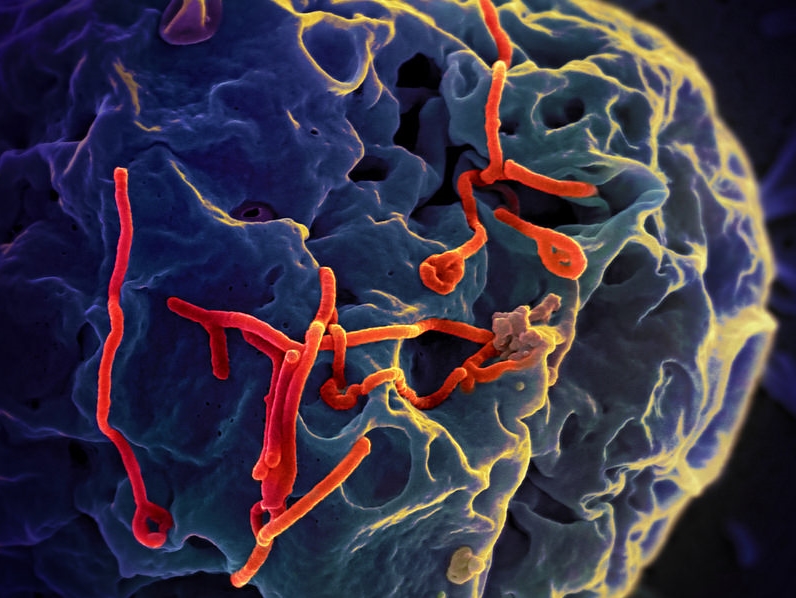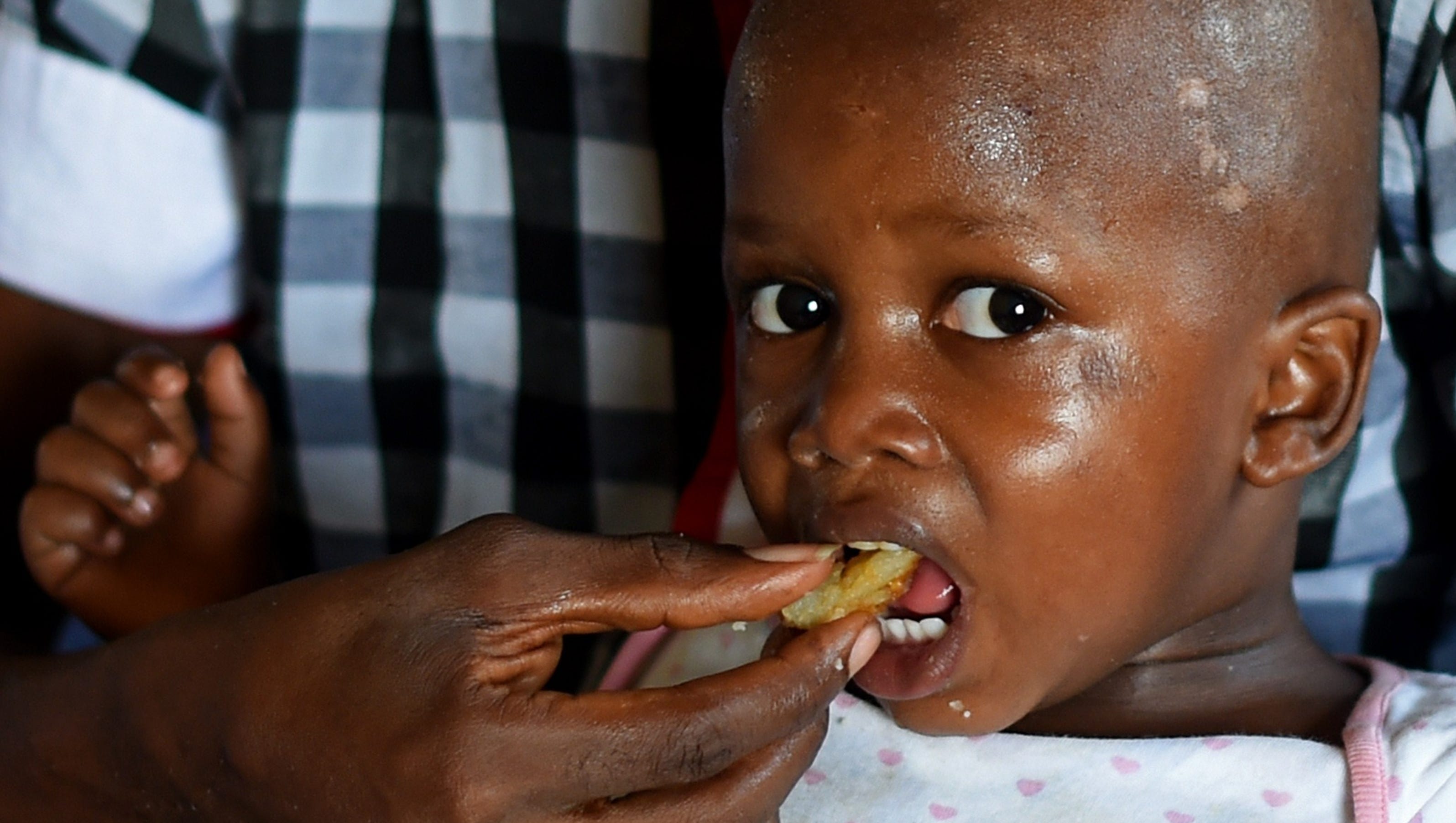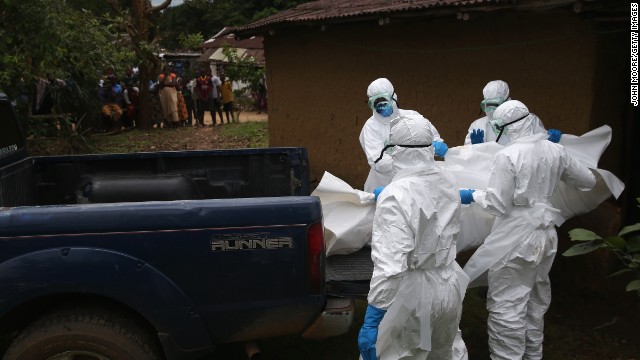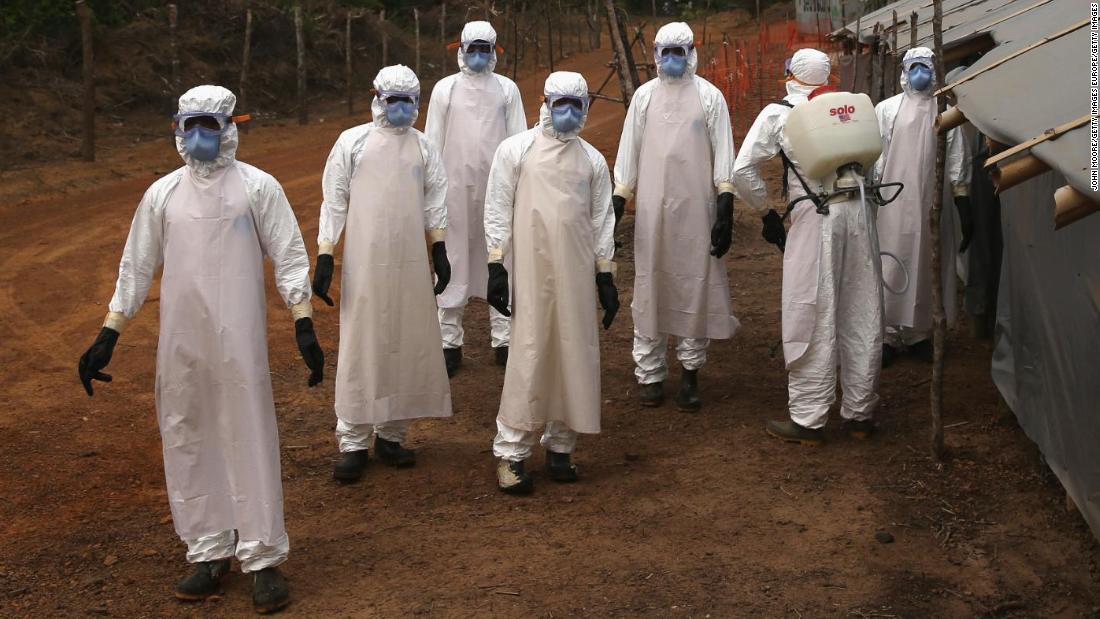Understanding the Devastating Outbreaks of Ebola: A Historical Perspective from the CDC
The Ebola virus has been a major public health concern for decades, causing widespread illness and death in various parts of the world, particularly in Africa. The
Centers for Disease Control and Prevention (CDC) has been at the forefront of efforts to combat the spread of this deadly disease, providing critical guidance, support, and resources to affected countries. In this article, we will delve into the outbreak history of Ebola, highlighting the key events, statistics, and lessons learned from the CDC's perspective.
Early Outbreaks (1976-1995)
The first reported outbreak of Ebola occurred in 1976 in the Democratic Republic of Congo (then known as Zaire). The virus was identified in a remote village near the Ebola River, from which it derived its name. The outbreak resulted in 318 reported cases and 242 deaths. Over the next two decades, several smaller outbreaks occurred in Central and West Africa, including in Sudan, Gabon, and Côte d'Ivoire.
Major Outbreaks (1995-2014)
In 1995, a significant outbreak occurred in the Democratic Republic of Congo, resulting in 315 reported cases and 254 deaths. The CDC played a crucial role in responding to this outbreak, providing technical assistance and support to local health authorities. The following years saw several more outbreaks, including in Uganda (2000-2001), Republic of Congo (2003), and Angola (2005).
West Africa Ebola Epidemic (2014-2016)
The most severe outbreak of Ebola occurred in West Africa, starting in December 2013 in Guinea. The virus quickly spread to neighboring countries, including Liberia and Sierra Leone, resulting in a total of 28,616 reported cases and 11,310 deaths. The CDC, in collaboration with international partners, responded rapidly to the outbreak, deploying personnel, equipment, and resources to support affected countries.
CDC Response and Lessons Learned
The CDC's response to the West Africa Ebola epidemic was multifaceted, involving:
Enhanced surveillance: Improving detection and reporting of cases to facilitate rapid response.
contact tracing: Identifying and monitoring individuals who came into contact with infected persons.
infection control: Providing guidance on safe practices for healthcare workers and the public.
vaccination: Supporting the development and distribution of Ebola vaccines.
The CDC's experience during the West Africa outbreak highlighted the importance of:
Global coordination: Collaboration among international partners to share resources, expertise, and best practices.
Community engagement: Building trust and working with local communities to promote prevention and response efforts.
Health system strengthening: Investing in healthcare infrastructure and capacity building to prevent and respond to future outbreaks.
The outbreak history of Ebola serves as a reminder of the importance of preparedness, global coordination, and community engagement in preventing and responding to infectious disease outbreaks. The CDC's work in combating Ebola has saved countless lives and informed the development of strategies to address future public health threats. As we continue to face emerging health challenges, it is essential to draw on the lessons learned from the Ebola outbreaks and to remain vigilant in our efforts to protect global health security.
For more information on Ebola and the CDC's response, visit the
CDC Ebola website.









